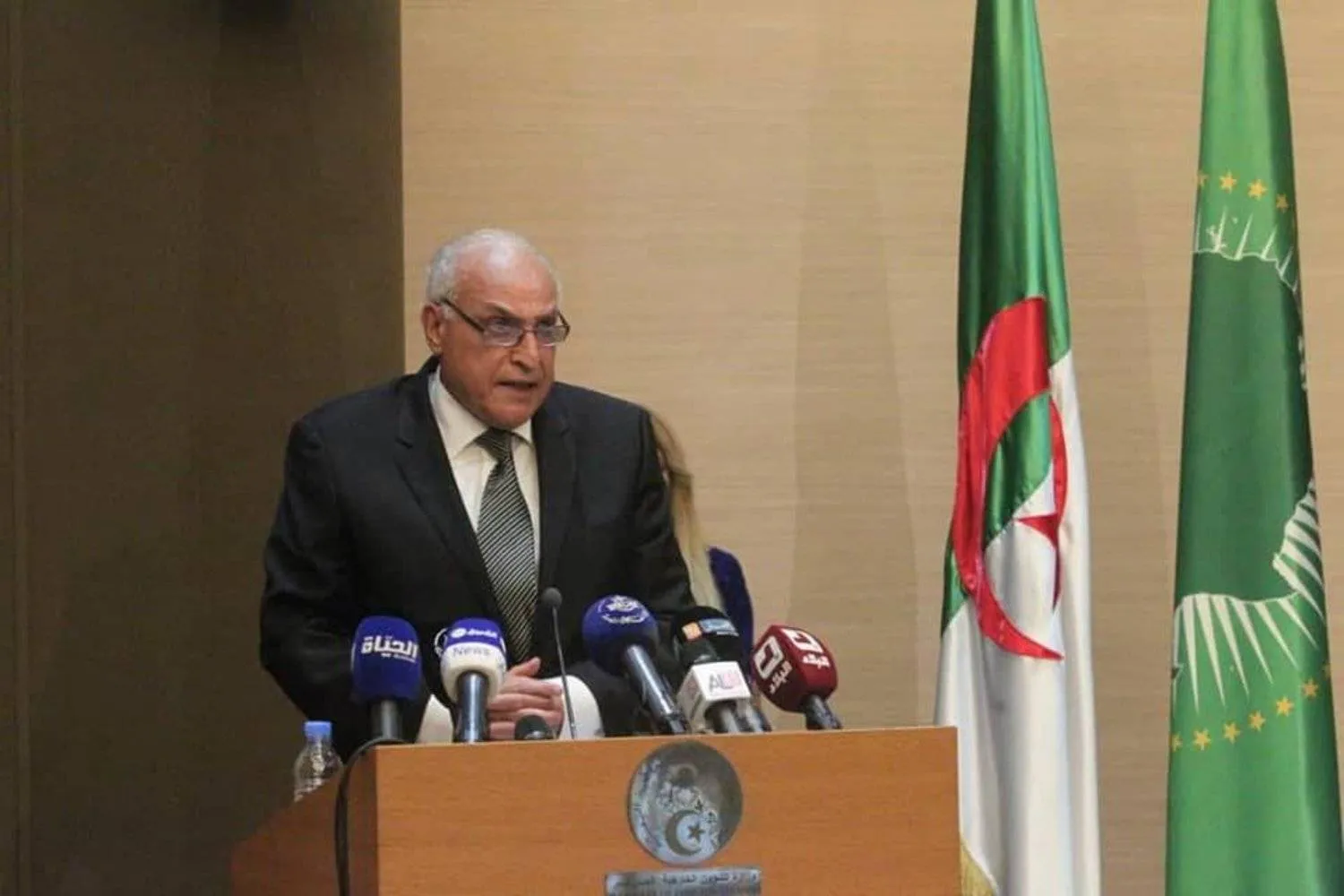Algerian Foreign Minister Ahmed Attaf stressed on Monday that trade exchanges with Italy have reached unprecedented levels in bilateral relations.
Trade exchanges between the two countries increased 250 percent in 2022 compared to 2021, and intra-investments witnessed a substantial rise in energy, especially since the interruption of Russian gas supplies to Italy at the beginning of the war in Ukraine last year.
Attaf spoke from Algiers at the second round of the Algerian-Italian strategic dialogue on bilateral relations and comprehensive political and security issues.
The first round was held in Rome in March 2022. The talks are held annually to discuss security issues, bilateral economic cooperation, threats of terrorism, and illegal immigration in the Mediterranean region.
Attaf explained that the bilateral ties with Italy have never been better thanks to the strategic partnership, asserting that the two countries are committed to the Treaty of Friendship, Good Neighborliness, and Cooperation.
The minister added that his country is keen on consolidating the pillars of the strategic partnership in energy through its role as a reliable regional and international supplier.
Furthermore, he welcomed the recent agreement between Italy, Austria, and Germany on the SoutH2 Corridor project.
The project will pave the way for a broader agreement within the European Union to support it, said Attaf.
Energy experts estimate the project will cover ten percent of Europe's gas needs by 2050.
Monday’s meeting was attended by Secretary-General of the Italian Ministry of Foreign Affairs Riccardo Guariglia.
The problem of illegal immigration was the subject of in-depth discussions between Algiers and Rome during a visit by Italian Prime Minister Giorgia Meloni to Algeria in January.
On Sunday, the Algerian presidency announced that President Abdelmadjid Tebboune discussed, in a phone call with his Italian counterpart Sergio Mattarella, bilateral and international issues, including Algiers’ mediation in the Ukrainian-Russian crisis.
Tebboune had visited Moscow in June where he met with President Vladimir Putin and proposed a mediation to end the conflict with Ukraine.
Tebboune visited Italy in May and reassured its government about Algeria's fulfillment of its commitments regarding supplying it with gas.









